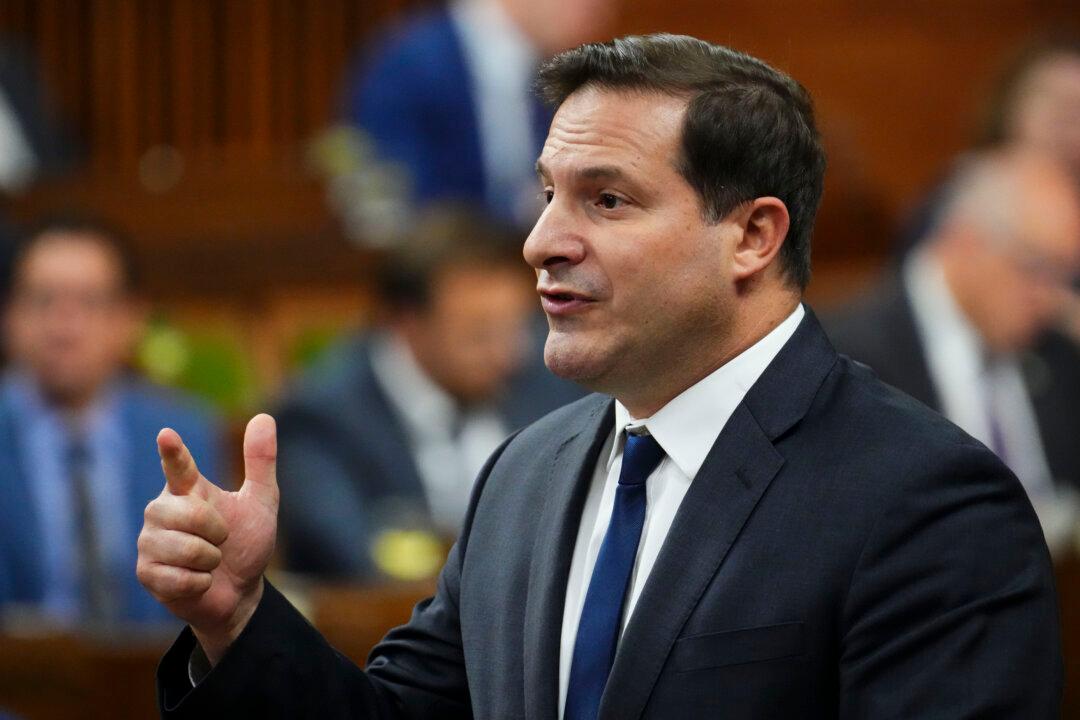The buying, selling, and transferring of new handguns in Canada is now officially outlawed, according to a cabinet order made Nov. 9 under the Firearms Act.
The order comes after the federal government announced a “freeze” on handgun importations in August and Public Safety Minister Marco Mendicino saying on Oct. 21 that the ban was in effect.





